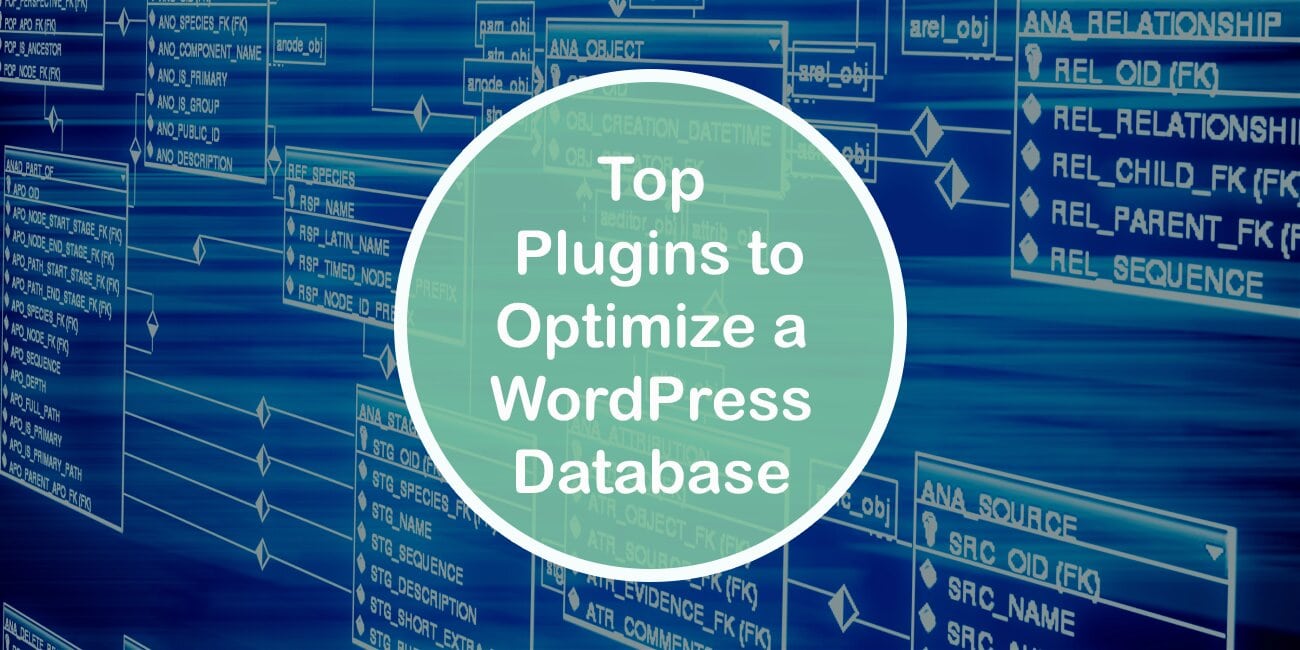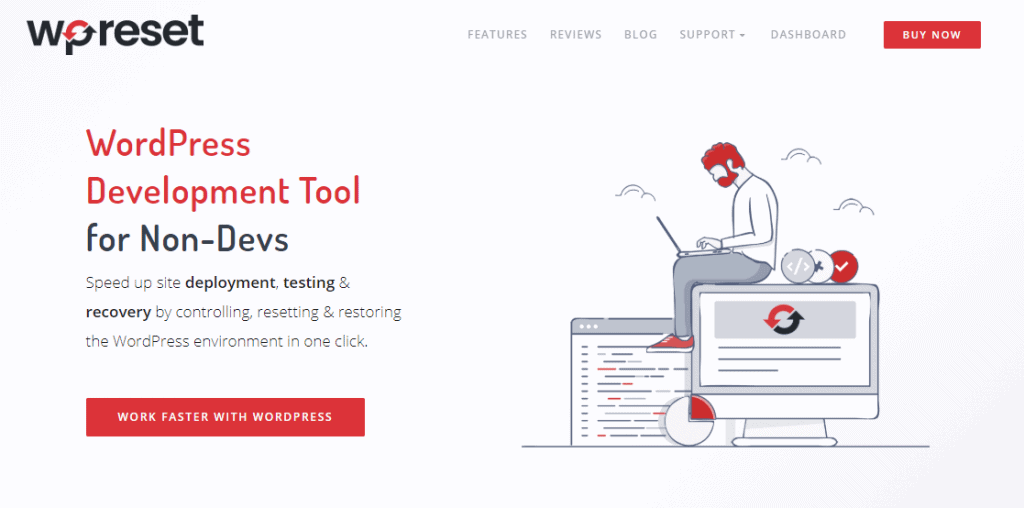As you probably already know, when you upload content to your WordPress site, the website “saves” it. Well, it doesn’t really “save” it, but it stores it for the purpose of displaying it on your page.
To understand this process we should dive in very quickly into how your website is published.
Your #WordPress #database is not at its best? Here are the top #plugins you can use to optimize it! Share on XWhen a user types a keyword into a search engine, the search engine offers him/her a list of results. Most of the time, these results are links to websites.
When a user clicks on a website on a search engine result page, he/she sends a request to the website host to view the website. If everything is fine, the website will organize all of its content, so it is ready to be viewed, and the user will go on about his/her business.
All this happens in those few seconds between you clicking the no.1 result on a search engine result page, and the website front page popping up. This means that the page is not “up” there all the time, waiting to be viewed by users. At the end of the day, it’s not a gallery.
So essentially, all the content you upload to your website gets stored and waits for a request to be viewed. And when the request does come in, well you know the rest of the story. But where is all that content stored?
Where is your content stored in WordPress

All the content you upload to your WordPress website is stored in the database. A database is a system of storing and fetching data in an organized way. Kind of like a post office basement.
The database is all about managing data, storing it, and as we said, fetching it on request. The information stored in the WP database includes posts, pages, comments, categories, tags, custom fields, users, and many other WordPress settings.
If you have been using WordPress for some time now, then there is probably a lot of useless data in your database. Stuff like post revisions, spam comments, trash, transient options, orphaned metadata, and so on.
The data you gather and pile through time makes your WordPress site bigger and heavier. Your WordPress database gets ever so larger, and your backups start to take more and more disk space. Also, they take more time to restore. This is why it is a good idea, from time to time, to optimize your WordPress database.
How to optimize your WordPress database

So, if you really have been actively using WordPress for a while now, and you have decided to optimize your database, there are a few things to keep in mind.
First of all, do a backup. Since you are going to be working on your database, you should do a backup. There is no way around it. Even if the data is something you are comfortable loosing, it’s a good idea to make a backup in case something goes wrong and you want to retrace your steps.
Next, you will need a plugin. There are a few plugins to choose from for the task of optimizing your database.
There are also ways to optimize manually, using phpMyAdmin, but that is definitely something a beginner user cannot operate.
Plugins for optimizing your WordPress database
Well, most plugins aren’t just for optimizing your database. They are usually all-around tools for managing a database and performing tasks like making backups and so on.
So, let’s get to know the best ones!
1. WP Reset
WP Reset is a well-known plugin for WordPress users. It is an advanced tool that can be used for many purposes, but most forget that it also has the option to work on your database.
The WP Reset plugin scans tables, posts, comments, and other database details. And after the scan, you have full control over which of them you want to delete.
2. Contact Form 7 Database Addon
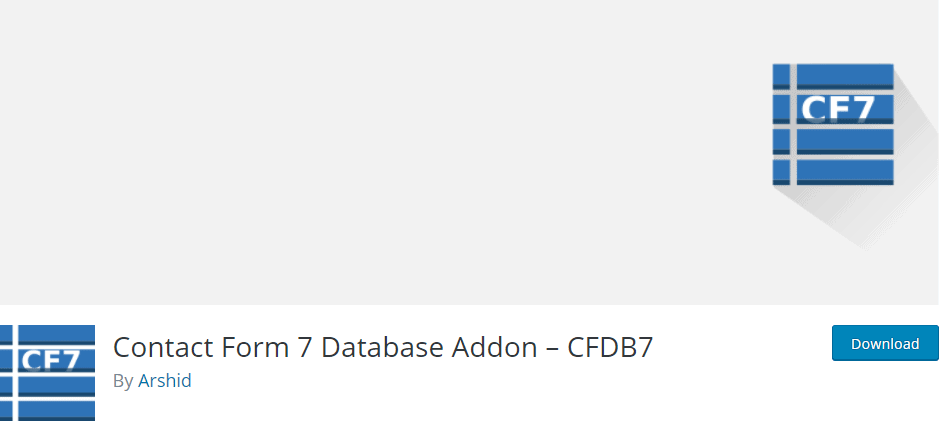
This plugin is made to manage contact form submissions. If you are using a contact form on your website for any reason, need to remember contacts, or find past emails, this might be a good tool for you.
The Contact Form 7 Database Addon gathers all your contact form submissions and puts them all in one database. There is no configuration needed since the database is created automatically.
It is a free plugin, and it is very lightweight, so you will barely notice it is installed.
3. WP – Optimize
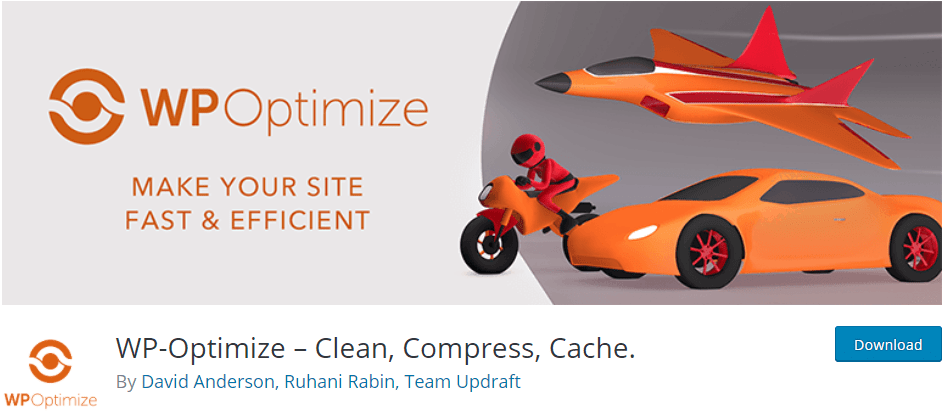
WP – Optimize is an all-in-one plugin that ensures that there’s no need to install additional tools for optimizing your database the best you can. It is also a great tool for caching your database.
Caching is a process of storing frequently used data in a “cache”, which allows your site to load faster for your users. WP-Optimize removes all of the unnecessary files while completing tasks like compacting tables and retaining backups.
The plugin has a free version available, and 3 premium plans depending on how many sites you are managing.
4. WP-DBManager

This is probably the simplest plugin to use. It optimizes your database from the start, using additional features to backup and restores the files.
Most of the work is done for you upon installation, seeing as how the admin module has just a few pages of settings for you to configure.
The plugin is free but functions on donations.
5. Advanced Database Cleaner
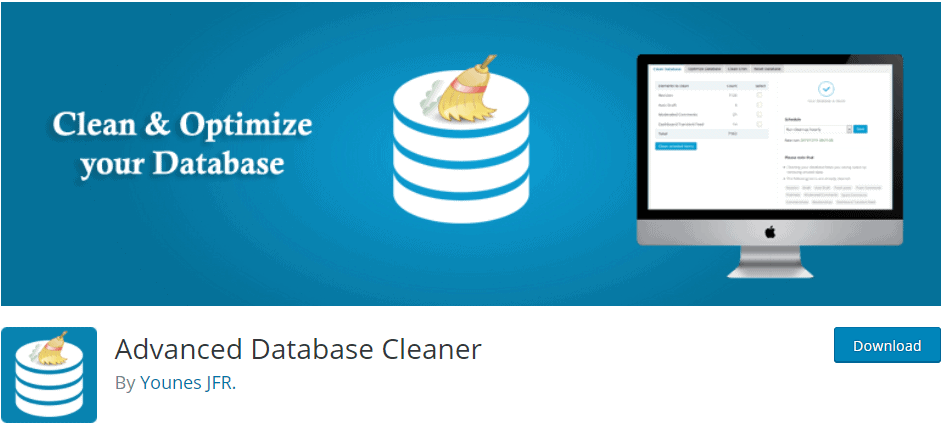
This plugin is very similar to CCleaner or maybe the disc defragmenter tools you have on your PC. It aims to delete unnecessary items or data causing problems in your database.
The core plugin is free, and the premium plans cost $39 for one to two sites, $59 for five sites, and $149 for unlimited sites.
6. WP Database Reset
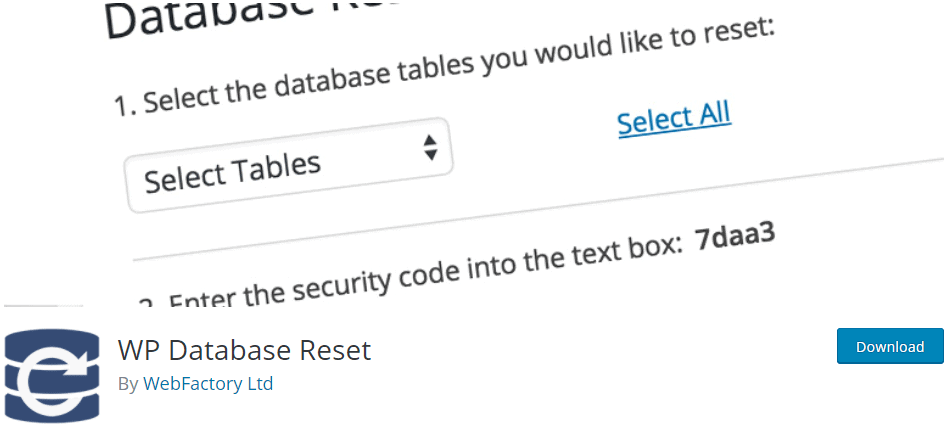
The WP Database Reset plugin works similarly to the WP Reset plugin. It gives you the ability to reset every part of your database. As an alternative, you can choose one or two tables in the database to clear out.
Just like with WP Reset, the entire process takes only one click, and the principle is the same. You make a backup before resetting, and you reset.
The plugin is free and no more complicated than its sister-plugin WP Reset
7. My WP Backup Pro
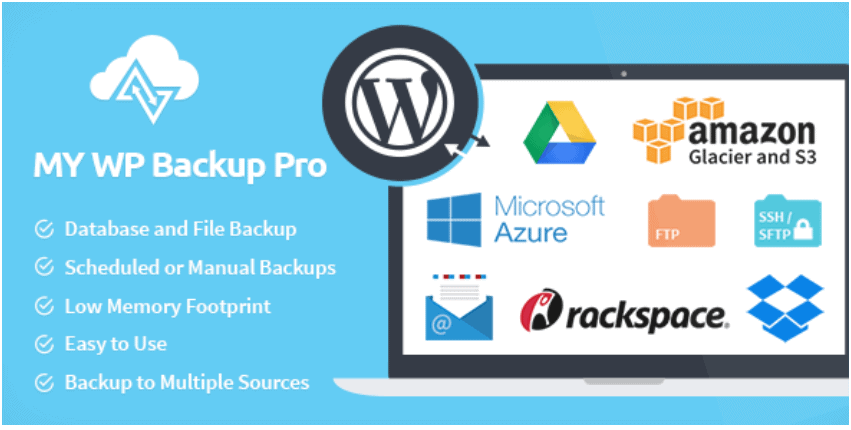
As I said, most database plugins aren’t just for optimizing, they are usually combined with the function of making backups. My WP Backup Pro is exactly a plugin like that.
Like any other backup plugin, it helps in eliminating the damage and loss of data during any downtime on a website.
So if you are using WP Reset it might be a good idea to use a plugin like My WP Backup Pro since it is a plugin dedicated to backups.
8. WP-Sweep

WP Sweep is another broom-like tool for getting rid of unnecessary baggage in your database. It is a scrubbing plugin for cleaning up areas like comments, post metadata, and revisions.
From unused terms to deleted comments, you can clear out all of them for improved performance and decreased strain on your server.
The plugin is free and using it is almost self-explanatory once you get it started.
9. Optimize Database After Deleting Revisions
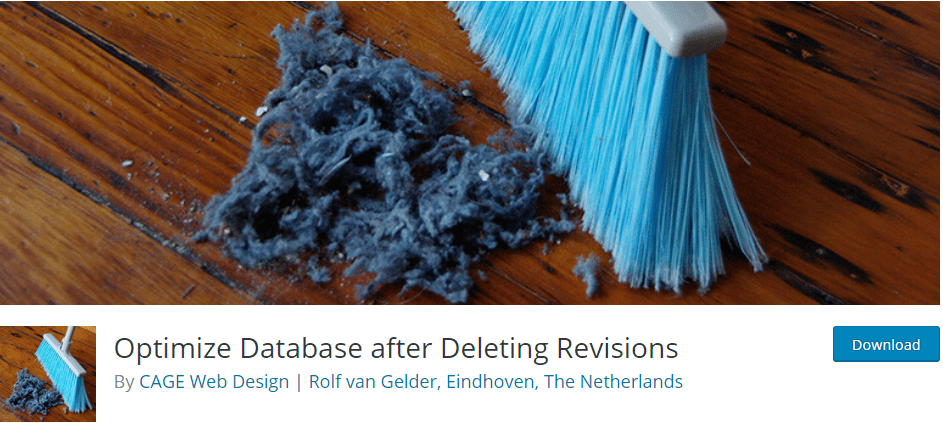
Yes, this really is the name of the plugin. Optimize Database After Deleting Revisions, or ODADR for short, is a one-click WordPress database cleaner and optimizer.
Its main aim is to delete revisions of posts, pages, and comments. This means that the plugin is tuned to remove excessive duplicates.
Also, similarly to the disk defragmenter tool on your PC or laptop, the plugin analyzes the database and offers suggestions on what could be cleaned out from the existing database.
This is also a completely free plugin and a personal favorite
Conclusion
Most people have a habit of defragmenting the disks on their laptops or PCs. With that logic, I would suggest you create the same habit of optimizing your database if you are running a website. You can maybe even do it one after the other, on a monthly or a quarterly basis.
Regardless of how you choose to do it, be sure there is no way around it, sooner or later everyone has to clean up their database.

